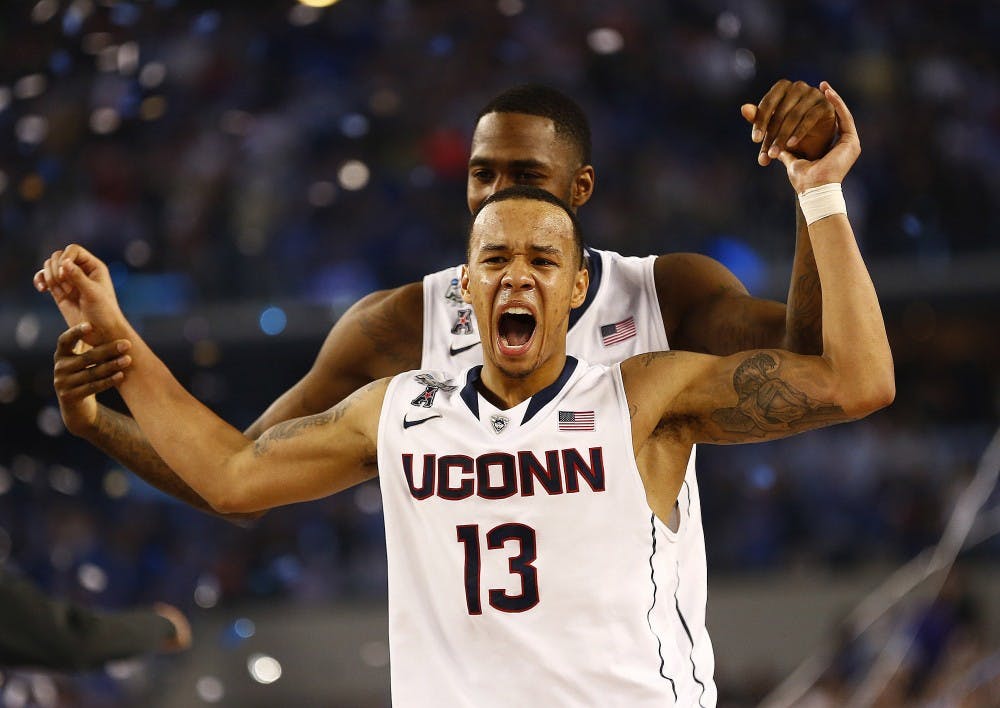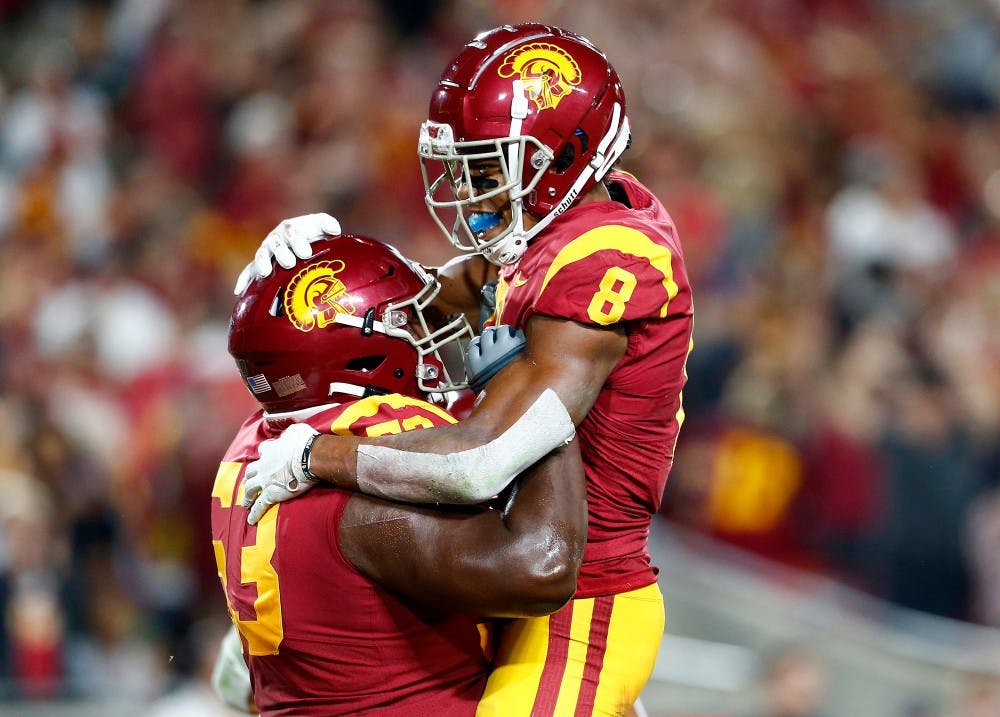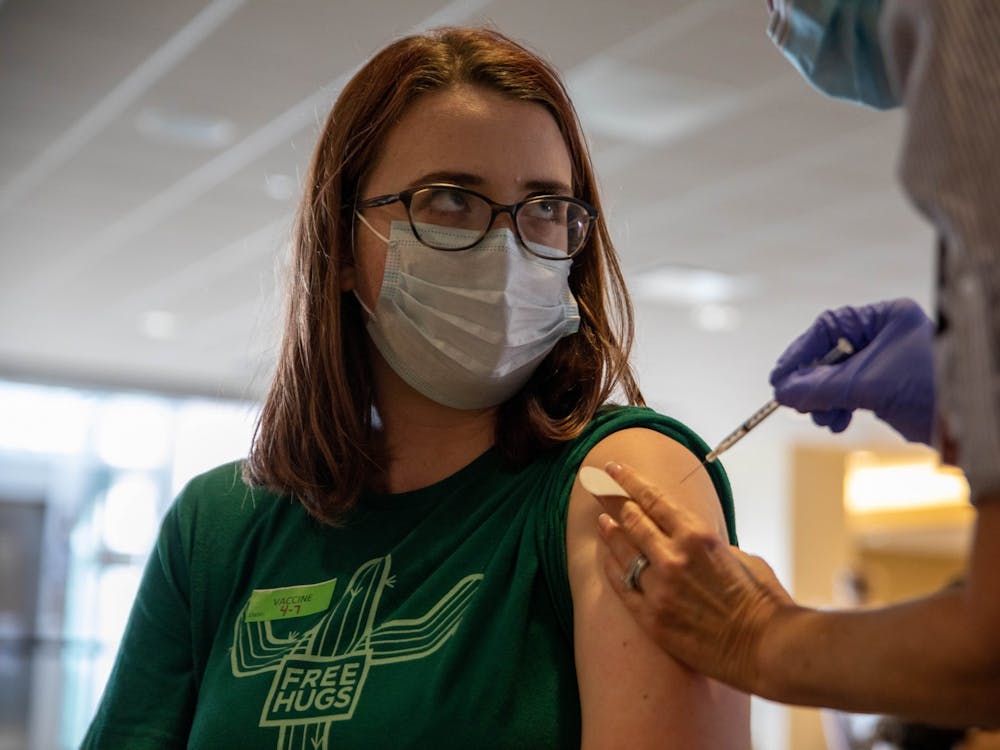Daric Clemens is a senior journalism news major and is a columnist for The Daily News. His views do not necessarily agree with those of the newspaper. Write to Daric at diclemens@bsu.edu.
How would you feel if someone was making millions of dollars off of your name and none of it was put in to your pocket? Seems unfair if you ask me. It happens every day in collegiate sports around the country and it needs to change.
California has taken a step to give the athletes a chance as on Wednesday the Fair Pay to Play Act bill was passed by the state Legislature and has been sent to California Gov. Gavin Newsome to make the final decision The bill would allow NCAA athletes to make a profit off their own name, likeness and image in the state.
This bill, if signed into law, could be a major win for collegiate athletes in California and it needs to happen. Collegiate athletes are treated unfairly and are used by the NCAA to make them the multi-billion-dollar association that it is.
Too many limitations hold these players back from becoming bigger than they already are. This includes not being able to use their name and stardom that they earned themselves through their work to help build their brand and earn profit.
While almost every other citizen in the United States has free reign to do what you want as an entrepreneur freely, the same should be said for athletes as well.
The NCAA benefits completely off of the student-athletes bringing in a boatload of money every school year. According to ESPN, the NCAA's revenue in 2016-17 was at around $1 billion. The schools that the talents play for are also pulling in large amounts of money through team merchandise and tickets sold, which the athletes are the main attraction for these purchases by the audiences but gain nothing from it.

There would be a big market for these players in advertisement, they could organize their own training sessions and also plenty of other ways to use their talents to help them make an income that they deserve.
Big brand companies such as Nike, Adidas, Jordan and others are very interested in the young athletes and want them to be a part of their team. As was shown, when Zion Williamson banked in a $75-million deal before stepping foot in a NBA game. The Fair Pay to Play Act would give the student-athletes a chance to get involved with these endorsement deals early, help them build on their name and become more than an athlete.
Full-ride scholarships are a great thing for these student-athletes, but a lot of these students are coming from less fortunate families and can struggle at times with financial problems while at school.
Shabazz Napier, a former point guard for the University of Connecticut, expressed what he was going through when he was a student, “We do have hungry nights that we don’t have enough money to get food in,” Napier said in an interview after a game with Fox Sports.
It’s unacceptable that these student-athletes put all this time in effort to help make the NCAA the successful association that it is but be rejected to grow their name off the field, court or other areas where the sporting events happen. This a violation of these athletes civil rights an adjustment needs to be put in place.
Hopefully the bill is signed and can lead to the start of something big nationwide for collegiate sports and the NCAA and other parties can come up with a national policy that supports equal treatment of student-athletes. These players are putting in hours of work and making a lot of money for their respective universities. They need to be rewarded for their efforts rather than have limitations on what they want to do with their own name.
Contact Daric Clemens with any comments at diclemens@bsu.edu or on Twitter @DaricClemens.





